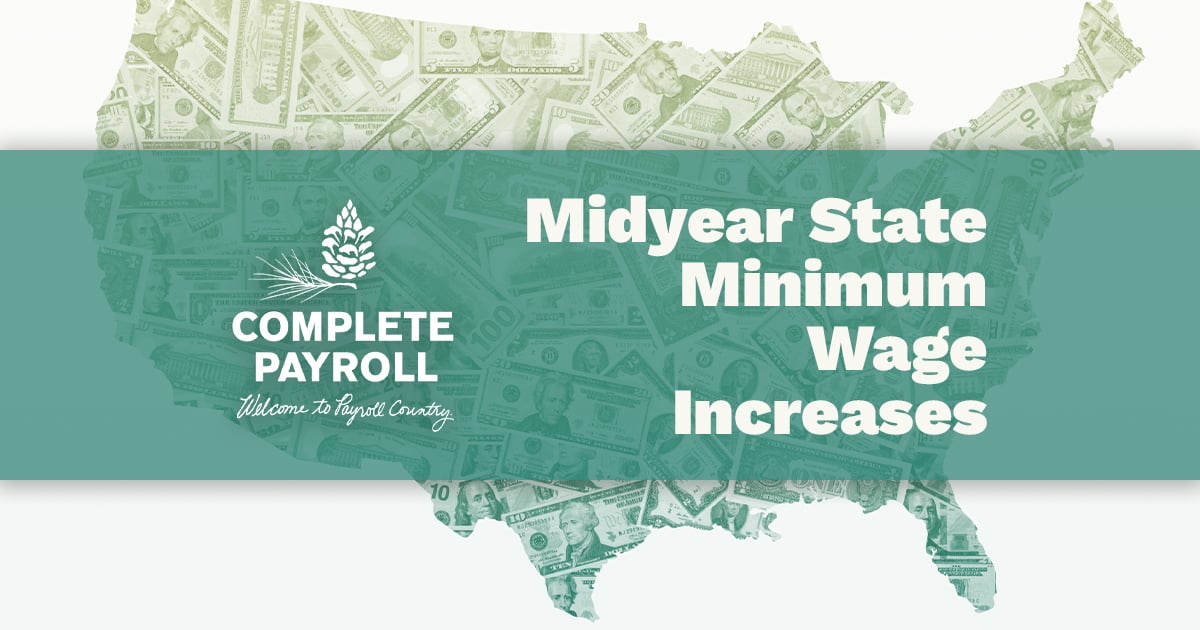Federal White Collar Overtime Exemptions
Overview of Law
- Perform certain duties in accordance with the particular exemption being applied (duties test); and
- Make at least the weekly amount designated by the Department of Labor for White-Collar Employees, which is currently $455 per week (salary level test); and
- Be paid on a salary basis, meaning they are paid on a weekly or less frequent basis and the amount paid will not vary depending on quantity or quality of work produced or on the number of hours actually worked (salary basis test)
Deductions from Exempt Employees’ Salary
Making certain deductions from an exempt employee’s salary may put the exemption at risk; this is because the effect of the deduction is that the employee is being compensated on an hourly rather than salary basis. The Department of Labor has been quite clear about when deductions are permissible or prohibited.
Prohibited Deductions:
- Partial day absences
- Absence is caused by the employer, e.g. a lack of work to be done, significant remodeling preventing the use of the office (and work cannot be done remotely), early office closures on a holiday weekend;
- Absences caused by jury duty, attendance as a witness, or temporary military leave, unless the employee performs no work in the entire workweek (however, an employer may take an offset for any amount the employee receives from the government for these duties, e.g. $15 per day for jury duty)
Allowable Deductions:
- Unpaid FMLA or medical leaves
- Disciplinary suspensions of one or more full days in accordance with the company discipline policy for major safety infractions
- Disciplinary suspensions of one or more full days in accordance with the company discipline policy for violating workplace rules. (Several states do not allow this, included CA and CT. Check state regulations.)
- Partial weeks in the first and last weeks of employment
- Full-day absences for personal reasons
- Full-day absences for sickness or disability if the employer offers a bona fide paid leave plan
Bona Fide Sick Leave Plan
A “bona fide” sick leave plan is a paid sick leave benefit provided to employees in the case of absence from work due to illness, injury, or disability. This time can be called sick leave, paid time off (PTO), or vacation; the name of the benefit is not important, as long as that time can be used for illness, injury, or disability. The parameters of a plan that qualifies as "bona fide" have been laid out in Department of Labor opinion letters, which have been responses to fact-specific inquiries from unique employers. However, the following requirements are considered to be well-established:
- The plan provides at least five days per year
- Sick leave benefits are well-defined
- Benefits have been communicated to eligible employees
- The plan operates as described
- The plan is administered impartially
- The plan is not designed to evade the requirements that exempt employees be paid on a salary basis
In Case of Improper Deduction
If a deduction is improperly made, the federal regulations provide for a window of correction. This window allows for the correction of an inadvertent deduction if an employee is promptly and fully reimbursed for it. Corrections should be made as soon as possible after an improper deduction is discovered. In order to take advantage of this window of correction (or "safe harbor"), the employer must have a clearly communicated policy prohibiting improper pay deductions and providing a complaint mechanism. Employers must then reimburse employees for any improper deductions and make a good faith commitment to comply in the future. If this policy is provided and these steps follow, the employer will not lose the exemption as a result of improper and inadvertently deductions. An employer will incur liability if it repeatedly and willfully violates its own policy, or if it has an actual practice of noncompliance across a department or division.
The Fair Labor Standards Act (FLSA) establishes minimum wage, overtime pay, recordkeeping, and youth employment standards affecting employees in the private sector and in Federal, State, and local governments. Read the basic requirements of the FLSA here.
Got a labor law question?
Our team helps employers with labor law compliance every day. Complete the form below to ask a question or request some help.
General Disclaimer
The materials and information available at this website and included in this blog are for informational purposes only, are not intended for the purpose of providing legal advice, and may not be relied upon as legal advice. The employees of Complete Payroll are not

















